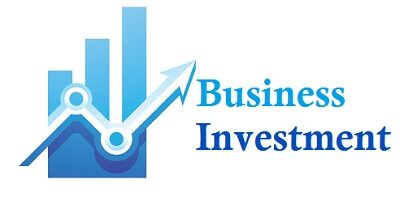
How Cafeteria Plans Benefit Both Employers and Employees
Section 125 of the IRS code offers employers and their employee’s options for covering healthcare expenses with pre-tax dollars. The plans are known as cafeteria plans. Options include things like health savings accounts (HSAs), employer-sponsored disability insurance, and Section 125 Premium Only Plans (POPs).
Insurance brokers setting up employee benefits for clients often pitch cafeteria plans as beneficial to employees. The idea is to give employees a better benefits package, thus making it easier for a company to recruit and retain top talent. But cafeteria plants also offer significant benefits to employers. The little bit companies spend to establish plans is easily offset by the amount of money they save.
A Sample Cafeteria Plan
To make this a bit easier to understand, let us briefly discuss a sample cafeteria plan complements of Dallas-based BenefitMall. As a general agency, BenefitMall encourages brokers to offer their clients Section 125 POPs. Also known simply as POPs, the plans allow employees to pay all or a portion of their health insurance premiums through pre-tax payroll deductions.
Employees of a particular plan can designate how much they want deducted from each paycheck. That money goes directly toward paying the employee’s contribution toward health insurance. If an employee elects to deduct more than is necessary to cover their premiums, he can also elect to have the remainder returned as taxable cash.
How Employees Benefit
The primary benefit for employees is a lower tax burden. They need to pay their health insurance premiums one way or another, so paying them with pre-tax dollars essentially reduces their taxable income with each and every paycheck.
Imagine an employee who pays $1,000 per month for health insurance. That works out to $12,000 annually. If that money goes toward health insurance through a POP, the employee has $12,000 less in taxable income at the end of the year. That could reduce his income tax burden substantially.
When you combine both state and federal income taxes, it is possible for employees to save thousands of dollars in taxes. That equates to more disposable income in their pockets.
How Employers Benefit
Employees are not the only ones who save money by way of cafeteria plans. Using the same example, an employer offering a POP stands to save considerably. Remember that employers pay FICA, FUTA, SUTA, and worker’s compensation premiums based on payroll. For example, the employer’s contribution to FICA is 7.65% of each employee’s taxable compensation. So if that compensation is reduced by pre-tax payroll deductions, the employer pays less as well.
Cafeteria plan savings can be significant even for small companies with fewer than fifty employees. Imagine the savings for large corporations with thousands of employees on the payroll. Employers enjoy significant tax savings while spending comparatively little to set up and manage cafeteria plans.
When Cafeteria Plans Are Required
Federal tax laws do not force employers to offer cafeteria plans. It is up to each employer to decide for itself. However, if employers want to give their workers an opportunity to cover healthcare expenses with pre-tax dollars, then they have no other choice but to set up a plan allowed under Section 125 rules. In other words, a cafeteria plan is the only way to offer employees the tax advantage.
To be honest, I am not sure why any company would choose to not set up some sort of cafeteria plan. The plans represent a win-win for both employers and employees. Any time companies and their workers can reduce their tax burdens without spending more in the process, it makes sense to do so. At least that is my take.


